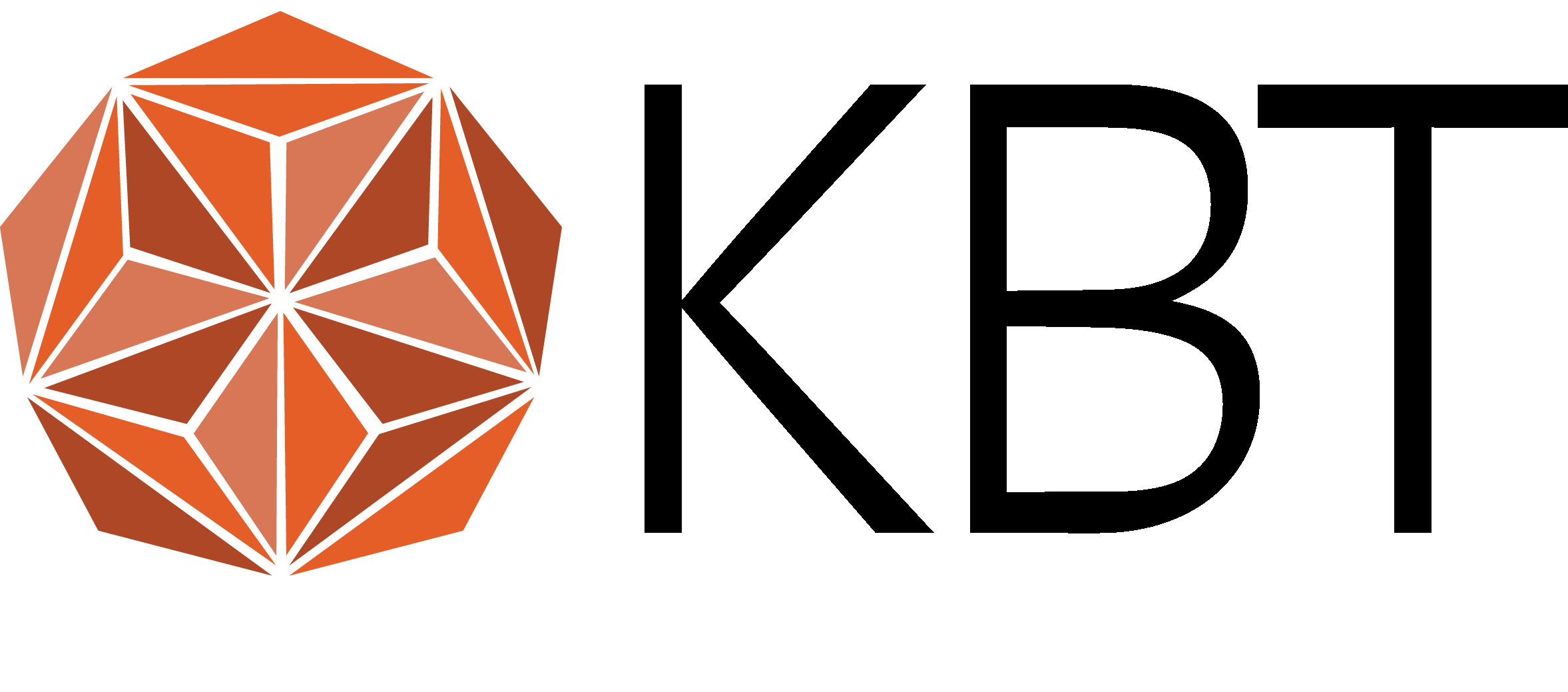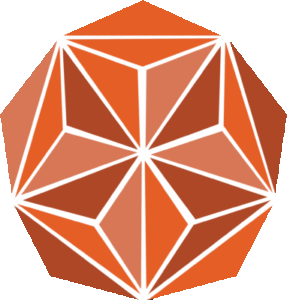Recovery in Norway
Text by Christina Kildal og Elisabeth Asphaug Rauboti. Translated by: Anne R. Benschop and Christina Kildal
The regional peer-driven centers
KBT together with the other regional peer driven centres started the project “Knutepunkt for Recovery [Recovery HUBs]” with funding from the Norwegian Health Directorate. The goal of the project was to study how the centres can develop a regional recovery hub functionality in the regions across Norway, and how the centres can collaborate on being a national recovery hub in forms of a network. The hub will be a base for competence and resources about recovery, striving for:
- Acknowledgment for recovery as a personal and social process.
- Acknowledgement and use of lived experience-based knowledge.
- Real recovery for service users, good utilization of resources in health services and equal collaboration processes.
- Good quality of life, wellbeing and a worthy life situation for people with psychosocial problems.
Through actions like lectures, guidance, courses, tools, and collection and dissemination of lived experience-based knowledge, the recovery hub aims to strengthen persons and groups, prevent stigma and exclusion, and promote human rights, worthy living conditions and increased level of participation for everyone.
In 2022, they arrange the first Norwegian conference for Recovery, together with NAPHA and Erfaringssentrum.
Each center have developed different areas of expertise. Here are some examples of how the other centers works with this:
- Bikuben Regional Peer-Driven Center
- Next of kin meeting point – A place for next of kin and mental health/substance abuse professionals to meet up and exchange experiences and knowledge about being a relative to someone with problems.
- Course in empowerment for different groups of people with mental health problems.
- Groups for coping.
- Vårres Regional Peer-Driven Center
- Peer conversations – Offer conversations and support from people with lived experience.
- Course for coping – Teaching tools for enabling people with health challenges and disabilities to cope with daily life, focusing on reckognizion of symptoms, goals, planning daily life, physical activity and diet, communication and solving problems.
- Community centers with different activities.
- ROM Agder
- Kjøkkenpraten [“The kitchen chat”] – A measure involving gathering around the kitchen table for exchanging mental health experiences. The goal is to contribute to hope and new knowledge regarding how to live with and cope with one`s challenges.
- Management course for “The kitchen chat” – Training in history and structure of “The kitchen chat”, management principles, evaluations, recovery, empathic communication, self-care and network for guidance.
- Sagatun Peer-Driven Center
- Recovery workshops – Involving plenary sessions, discussions and working in groups, aiming to gain knowledge about recovery as a process and practice and insight in documented conditions and experiences that promotes health and values in recovery processes.
- Verktøykassa for brukermedvirkning [“the Toolbox for user participation”] – The empowerment course offering an introduction to empowerment, communication and user participation at individual and system level. The management course offers an introduction to the same themes, aiming towards those who want to lead a group or organization working with this.
- Community center with different activities.
- Vestavind Peer-Driven Center (discontinued)
- Empowerment course for users and relatives.
- Coping course for users and relatives.
- Recovery workshop for users.
- Dissemination of lived experience from user and relative perspective to health services
Examples of recovery measures in municipalities and counties
More and more municipalities are discovering recovery-oriented practice and strive for recovery as fundamental concept in their mental health and substance abuse services. Here is a selection of good examples of recovery-oriented practices in municipalities and counties:
- Rogaland and Sunnhordaland
- Asker municipality
- Also operates recoveryverksteder [recovery workshops], a collaboration project between Asker municipality and University of South-Eastern Norway. Recovery workshops are meeting points and arenas for dialogue for people with mental health and substance abuse problems, next of kin, health professionals and others of interest. This involves exchanging experiences and knowledge about recovery processes, coping, what is good help and a good life, and how health services can be more recovery-oriented.
- Bergen municipality
- Trondheim municipality
- Sandnes municipality
- Stjørdal municipality
Examples of other recovery measures in Norway
- Rockovery – A measure based on music therapy aiming to contribute to personal development, empowerment, a regular place to go, meaningful activities, good experiences and the opportunity to play own music live in front of an audience. The participants is affiliated to child welfare, substance abuse services, mental health services, correctional services or other health and social services.
- Recoverykademiet – Incita is a private health thrust offering care centers for single asylum-seeking children, Wenger Gård Health Care Center in Eidsvoll and Skjeppsjøen Health Care Center in Oppland, and currently starting up units dedicated to treatment of adolescents with severe behavioral difficulties. The professional point of view and methods are strongly rooted in the recovery concept, focusing on individual resources, opportunities, coping, development and milieu therapy to create meaning in daily life.
- Hurdalsjøen Recovery Center (former Incita) – A measure built on recovery-oriented methods, using mainly IMR (Illness Management and Recovery). User participation, active milieu therapy, individual customization, work training and physical activity are key agencies. They also offer methods for medication-free treatment. The center is located in Hurdal, Akershus.
- RIO-ReStart – Rehabilitation for people who have completed substance abuse treatment or atonement, desiring a drug-free and worthy life and work. RIO-ReStart includes different agencies: day measure, work training, empowerment and self-development, different courses and more. The service is located at Bragdøy island in the fjord of Kristiandsand. RIO also operates Kafe X in Tromsø and Sports against Drugs.
- Clubhouse in Norway – As of today there are 14 different Clubhouses in Norway, located in Asker, Tromsø, Bergen, Stavanger, Drammen, Hønefoss, Oslo, Rygge, Harstad, Kongsberg and Gjøvik, and under development in Trondheim. They strive for work training to be given a large focus in services for people with mental health problems. Members and employees work side by side attempting to make the clubhouses work and developed for the benefit of services users with different needs. Empowerment and regain of control are key terms in the Clubhouse model. There is no need for referral.
- Krafttak for sang [A measure for empowerment through singing] – A low-threshold service using choir as a method for recovery and participation for people with mental health problems, aiming to give happiness, self-confidence, increased level of energy, self-belief, coping and better health. This is offered in following municipalities: Bergen, Kongsberg, Vestre Toten, Alta, Klepp, Harstad, Fjaler, Målselv, Namsos, Sauherad, Steinkjer, Surnadal, Søndre Land, Vestre Slidre, Vinje, Ås, Jondal, Ullensvang and Odda, and Midsund, Nesset and Molde.

